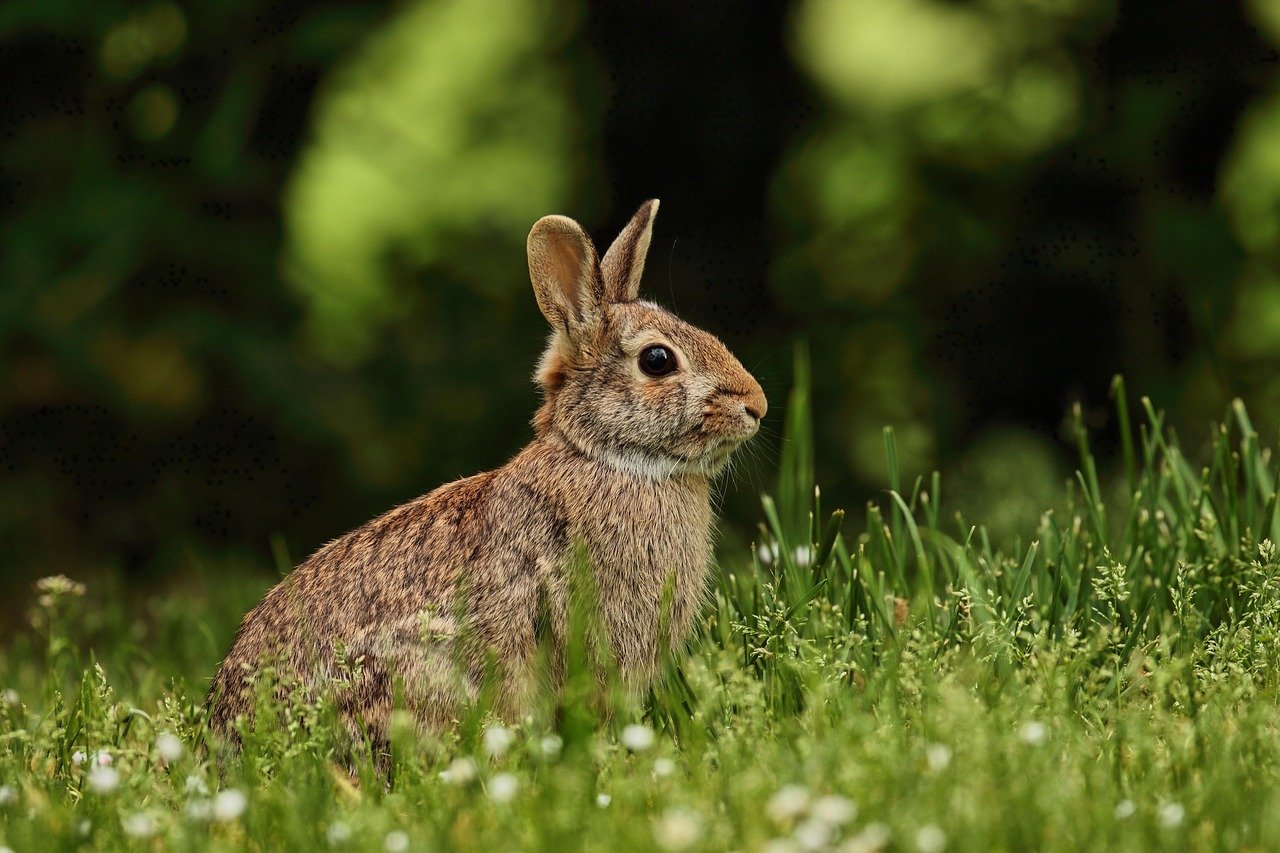Have you ever wondered what’s really going on behind those twitching noses and big, gentle eyes? Rabbits might be quiet and soft, but their feelings are loud and clear—if you know how to listen. Every rabbit owner dreams of a joyful, binkying bunny, but sometimes our furry friends may be silently crying out for help. Let’s dive into the world of rabbit emotions and unlock the hidden signs that reveal when your bunny is living their best life—or when they’re quietly suffering stress.
Binkies and Zoomies: The Ultimate Happy Dance
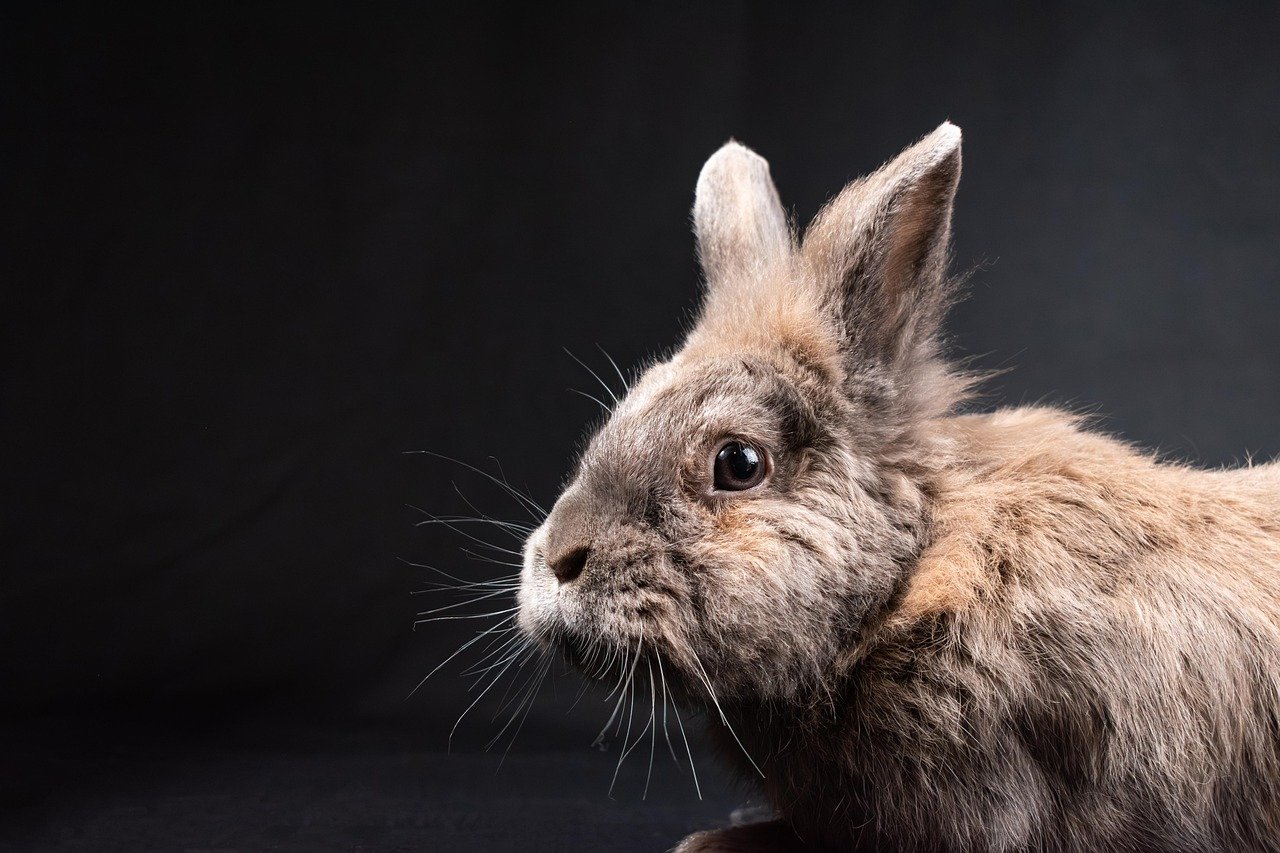
Rabbits may be quiet and delicate, but their emotions are anything but subtle—once you know what to look for. Whether they’re thumping their feet, doing a joyful “binky,” or hiding in a corner, your bunny is constantly communicating how they feel. Understanding these cues is key to building a trusting bond and ensuring their well-being.
Few sights are as heartwarming as a rabbit bursting with energy, leaping into the air, twisting, and dashing madly around the room. This joyful explosion is called a “binky,” and it’s one of the clearest signs your rabbit is happy. Zoomies—those sudden, fast sprints—often accompany binkies and show pure excitement. When your bunny does these moves, it’s like they’re shouting, “Life is good!” These bursts of energy usually happen in the morning or evening, during their most active hours. If you see your rabbit showing off with binkies and zoomies, you can be sure they feel safe, healthy, and content in their environment. It’s the rabbit version of a happy dance, and every rabbit lover should cherish these moments.
Lounging With Legs Outstretched
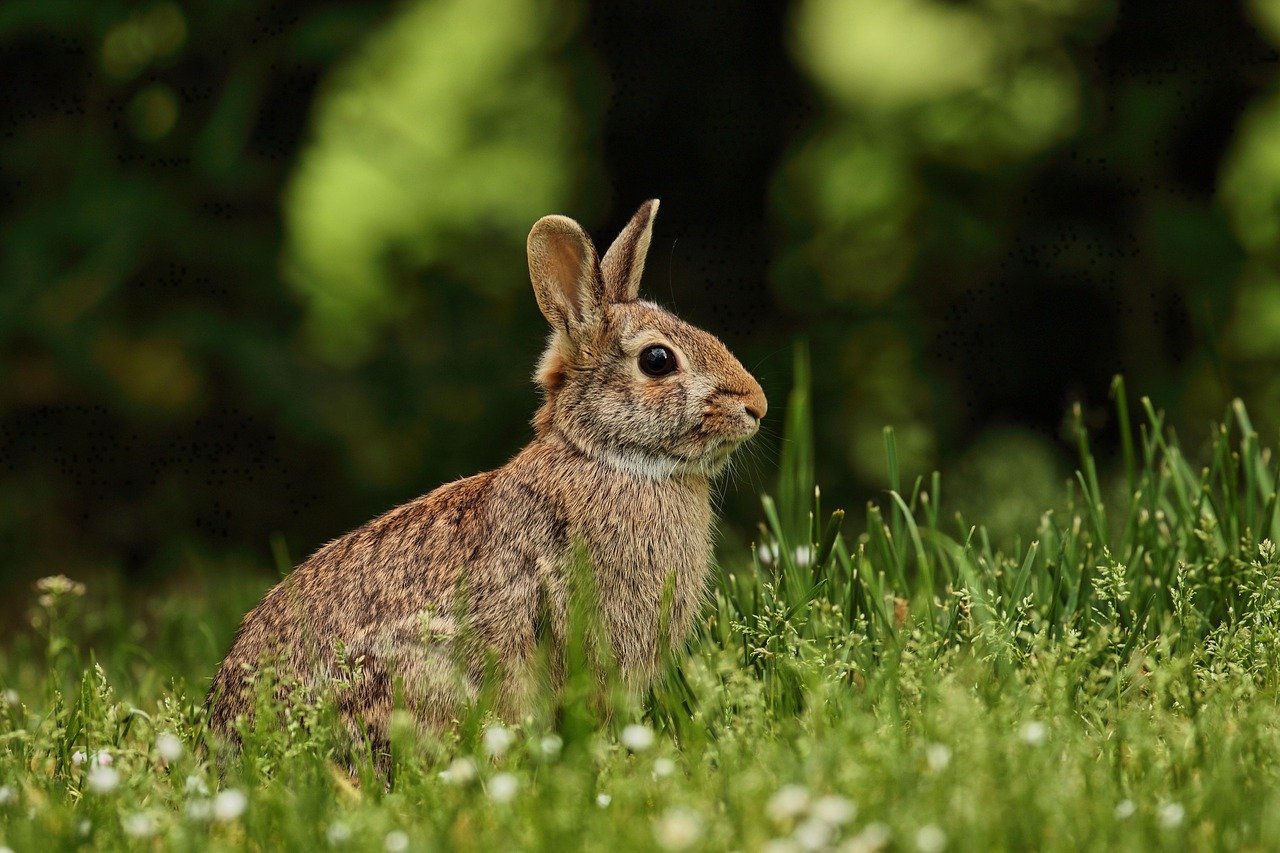
A relaxed rabbit will often sprawl out on their side or belly with their legs kicked behind them. This posture is called a “flop,” and it’s the bunny equivalent of putting your feet up after a long day. When a rabbit flops, it means they feel completely at ease and trust their surroundings. This position leaves them vulnerable, so it’s a strong signal that they feel no threat. Watch for soft, steady breathing and half-closed eyes—these are the details of a rabbit at peace. If your bunny is stretching out like this, you can feel proud that you’ve created a safe and loving environment.
Purring With Their Teeth
It might surprise you, but rabbits “purr” too! Unlike a cat’s throaty rumble, a rabbit’s purr is a gentle, rhythmic grinding of the teeth. You’ll usually notice this soft sound when you’re petting them or they’re relaxing next to you. The vibration is subtle, often felt more than heard, and it signals immense contentment. Some say it’s like the rabbit is humming with happiness. If your rabbit purrs while you stroke their head or cheeks, take it as a heartfelt thank you for your care and affection.
Grooming Themselves and Their Friends
Rabbits are meticulous cleaners. Regular grooming means your rabbit feels safe and healthy. If you see your bunny licking their fur, washing their ears, or even grooming a bonded rabbit friend, it’s a strong sign of happiness. Grooming another rabbit is an act of love and friendship, showing trust and a sense of belonging. When you notice your rabbit grooming you—licking your hand or even your clothes—it’s a sweet compliment and a sign they consider you part of their family.
Curiosity and Playfulness
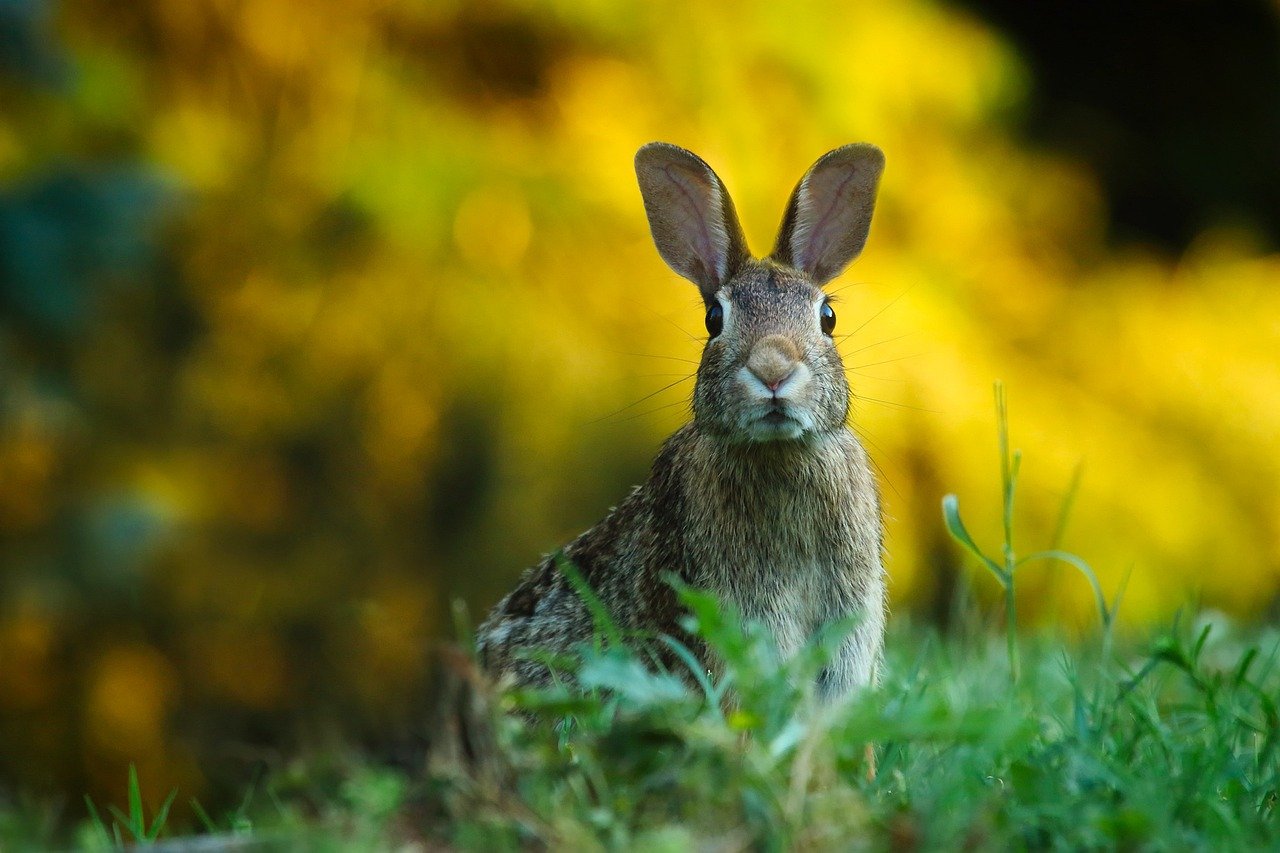
A happy rabbit is a curious explorer. They’ll sniff, investigate new toys, and hop around to see what’s new in their space. Playful rabbits may toss toys, dig in blankets, or nudge objects with their noses. This sense of curiosity shows they feel confident and stimulated in their environment. If your bunny comes up to you, sniffs your shoes, or pokes their nose into bags or boxes, it’s their way of saying, “I trust you, and I love exploring my world!”
Hiding or Crouching For Long Periods
On the flip side, a stressed rabbit often hides in corners or under furniture and avoids interaction. Prolonged hiding is a sign your bunny feels threatened or unsafe. Rabbits are prey animals by nature, so when they’re scared or anxious, their instinct is to make themselves invisible. If your rabbit spends most of their time tucked away or crouching low to the ground, it’s a silent cry for help. Stressful noises, new environments, or even the presence of unfamiliar animals can trigger this behavior. It’s important to identify and remove the cause of their fear as soon as possible.
Thumping Their Hind Legs
A rabbit’s thump is impossible to ignore—a loud, sudden bang of their back foot. This sound is a warning signal in the wild, used to alert other rabbits to danger. In your home, thumping can mean your rabbit is scared, stressed, or even frustrated. Sometimes a rabbit will thump if they’re startled by a loud noise or sense something unfamiliar. Occasional thumping isn’t always a cause for alarm, but repeated or constant thumping means your bunny is feeling on edge and needs reassurance.
Loss of Appetite and Refusing Treats
Rabbits are usually eager eaters, so a sudden lack of interest in food is a serious red flag. If your bunny stops munching on hay, refuses their favorite treats, or ignores fresh greens, stress may be the cause. Sometimes, the root of this problem is physical pain, but emotional stress can quickly affect a rabbit’s appetite as well. Since a rabbit’s digestive system is delicate, refusing food can become an emergency within hours. Always pay close attention to their eating habits—changes can tell you a lot about their well-being.
Over-Grooming or Pulling Fur
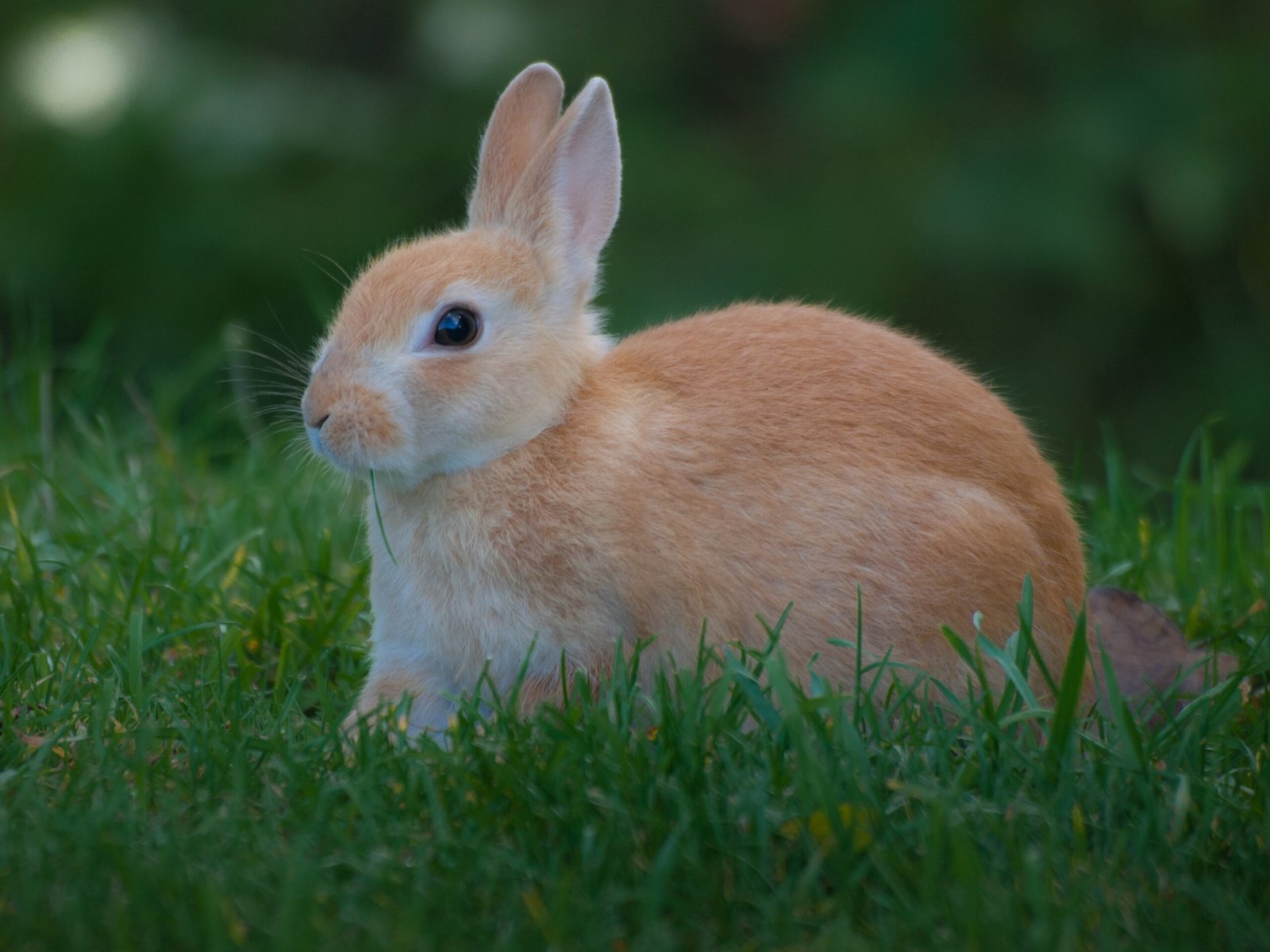
While normal grooming is a happy sign, excessive licking or pulling out fur is a sign of stress. Stressed rabbits may start over-grooming themselves, sometimes leaving bald patches or causing skin irritation. This behavior can stem from boredom, loneliness, or anxiety. It’s heartbreaking to see, but also a clear signal that your rabbit’s needs aren’t being fully met. Try to enrich their environment with toys, tunnels, and human interaction, and make sure they have enough space to move and play.
Unusual Aggression or Restlessness
A gentle rabbit suddenly nipping, lunging, or acting restless is telling you something is wrong. Stress can make even the sweetest bunny defensive or unpredictable. If your rabbit starts displaying aggression—nipping when you reach into their cage, boxing with their front paws, or grunting—it may be due to fear, pain, or changes in their environment. Restless pacing or constant digging can also be signs they’re trying to escape discomfort. This behavior is a call for attention: your bunny needs your help to feel safe and comfortable again.

Linnea is a born and bred Swede but spends as much time as possible in Cape Town, South Africa. This is mainly due to Cape Town’s extraordinary scenery, wildlife, and atmosphere (in other words, because Cape Town is heaven on earth.) That being said, Sweden’s majestic forests forever hold a special place in her heart. Linnea spends as much time as she can close to the ocean collecting sea shells or in the park admiring puppies.

